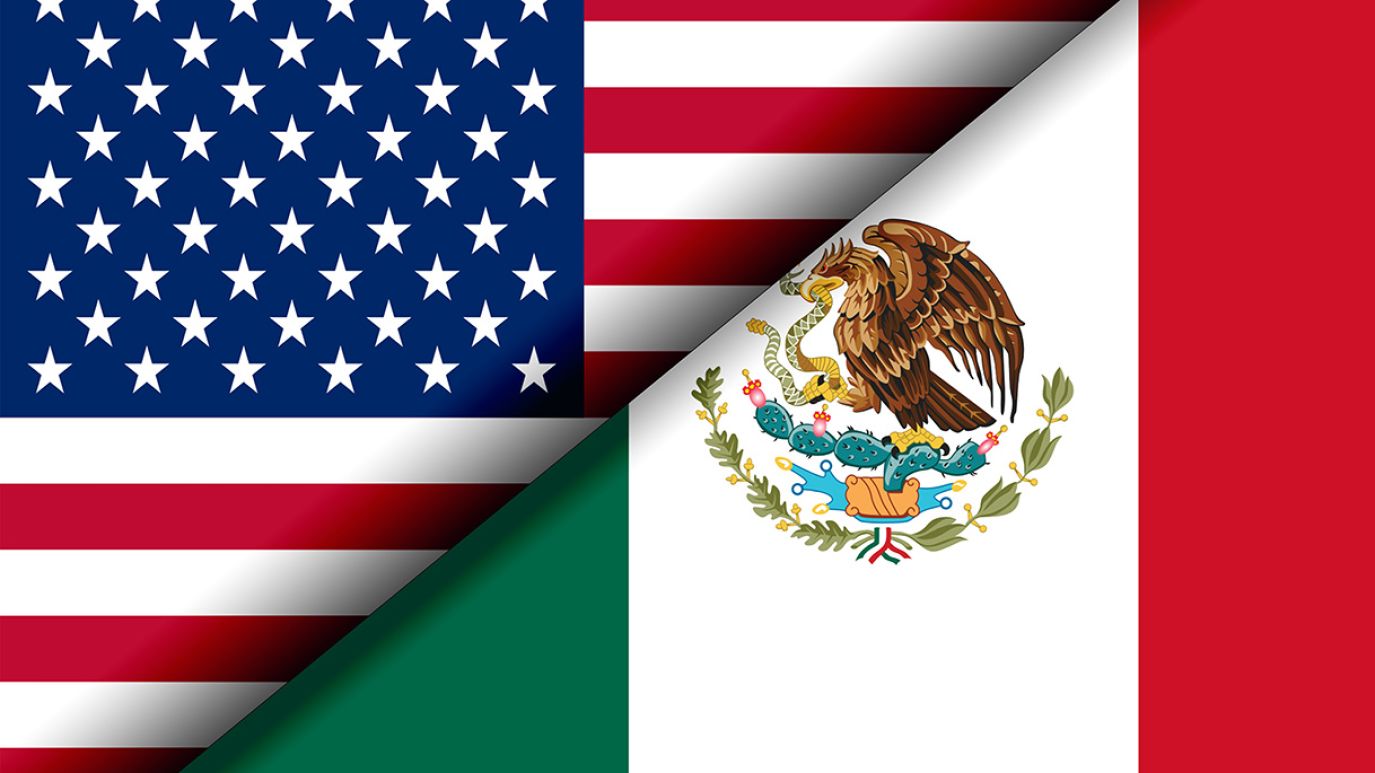Rising US Concerns Over China Challenge in US-Mexico Trade Relations

As US-Mexico trade increases, Washington’s concerns that Mexico serves as a transit point for Chinese goods to the US are rising. The Biden administration faces a growing challenge with monitoring Chinese goods imported from Mexico. The positioning of Chinese industries and acquisition of land in Mexico to gain US market access are also heightening US attention to this issue. Mexican government and industry reactions to Washington’s view of Mexico’s role in limiting US trade restrictions on Chinese goods reflect efforts to balance US and Chinese trade interests. Pamir assesses that these factors, coupled with the Mexican government’s history of inconsistent compliance with the US-Mexico-Canada Agreement (USMCA), magnify uncertainty about the impact of China-Mexico trade relations on the USMCA.
On 14 May, the Office of the US Trade Representative (USTR) announced the completion of the statutory review of the tariff actions in the Section 301 investigation of China’s Acts, Policies, and Practices Related to Technology Transfer, Intellectual Property, and Innovation.
- The report recommended additional tariffs on Chinese products in strategic sectors.
- The increased tariffs will cover goods worth approximately $18 billion in bilateral trade.
- On the same day, USTR Katherine Tai stated that President Biden had directed her “to increase tariffs on critical manufacturing and mining sectors, including steel and aluminum, semiconductors, electric vehicles, batteries, solar cells, and certain critical minerals.”
- The most significant tariff increase affects Chinese electric vehicles (EV). The new tariff rate for Chinese EVs exported to the US will rise from 25% to 100%.
These latest measures reflect growing US concern that Chinese companies are using Mexico to circumvent US tariffs against Chinese goods, including, steel, aluminum, and EVs.
- On 18 April, President Biden stated, “We know that China is still willing to introduce steel and aluminum through Mexico to evade tariffs.” President Biden has directed the USTR to “work with Mexico to jointly prevent China’s and other countries’ evasion on tariffs on steel and aluminum that is imported from Mexico into the United States.” Biden plans to triple the existing tariffs on steel and aluminum from China from 7.5% (current tariffs) to 22.5%.
- On 14 May, USTR Tai stated,“We are all paying attention to the fact that there are Chinese industries, state-owned companies, that are buying up land, establishing facilities [in places like Mexico] and looking for other ways of accessing the US market.”
- When asked whether there might be future changes to the US-Mexico-Canada Agreement (USMCA) that may strip Chinese imports via Mexico of their protection from US tariffs, Tai replied that the USTR is “looking at all of [its] tools to see how we can address the problem.”
Mexican Reactions to US Concern
In response to US concerns, the Mexican government has increased tariffs on Chinese imports, such as steel products. However, Mexican industry representatives and experts have either denied the US charge that Mexico serves as a transit point for Chinese goods to the US or questioned the legality of US tariffs against such products.
- The Mexican National Chamber of Iron and Steel Industry (CANACERO) has been vocal in its refutation of the US charge. However, the industry organization has not addressed the issue of the steel imports’ countries of origins in its defense. It has focused on statistics showing the US as the largest exporter of steel products to Mexico.
- According to Dr. Ignacio Casas Fraire of CETYS University in Tijuana, Mexico, US tariffs against Chinese exports – including EVs – to the US that originated in Mexico are violations of USMCA provisions. Casas Fraire stated, “Vehicles manufactured in Mexico that comply with the [treaty’s] Rules of Origin can enter the US with a preferential tariff of 0% or 2.5%, well below the 100% imposed by Biden.”
- Juan Carlos Baker, a former Mexican vice minister for foreign trade and a leading figure in the negotiation of the USMCA, acknowledged the concern that Chinese goods are transiting through Mexico, but stated that “according to international trade legislation, those products are, to all intents and purposes, Mexican.”
Chinese manufacturers have also disputed the charge that they are establishing manufacturing presence in Mexico to circumvent US tariffs.
- On 28 February, BYD Americas CEO and BYD China Executive VP Stella Li told Reuters that BYD’s planned factory in Mexico will manufacture products “for the Mexican market, not for the export market.” Li added that the planned BYD facility will not be located near the US-Mexico border.
Author: Andrea Calderon, Analyst, Pamir Analysis
China’s 5G influence in developing economies
China’s Belt and Road Initiative and its digital counterpart, the Digital Silk Road, threaten to displace US telecom and tech companies in developing economies in Africa, Latin America and the Middle East. How can US operators and network providers stand up to the challenge?